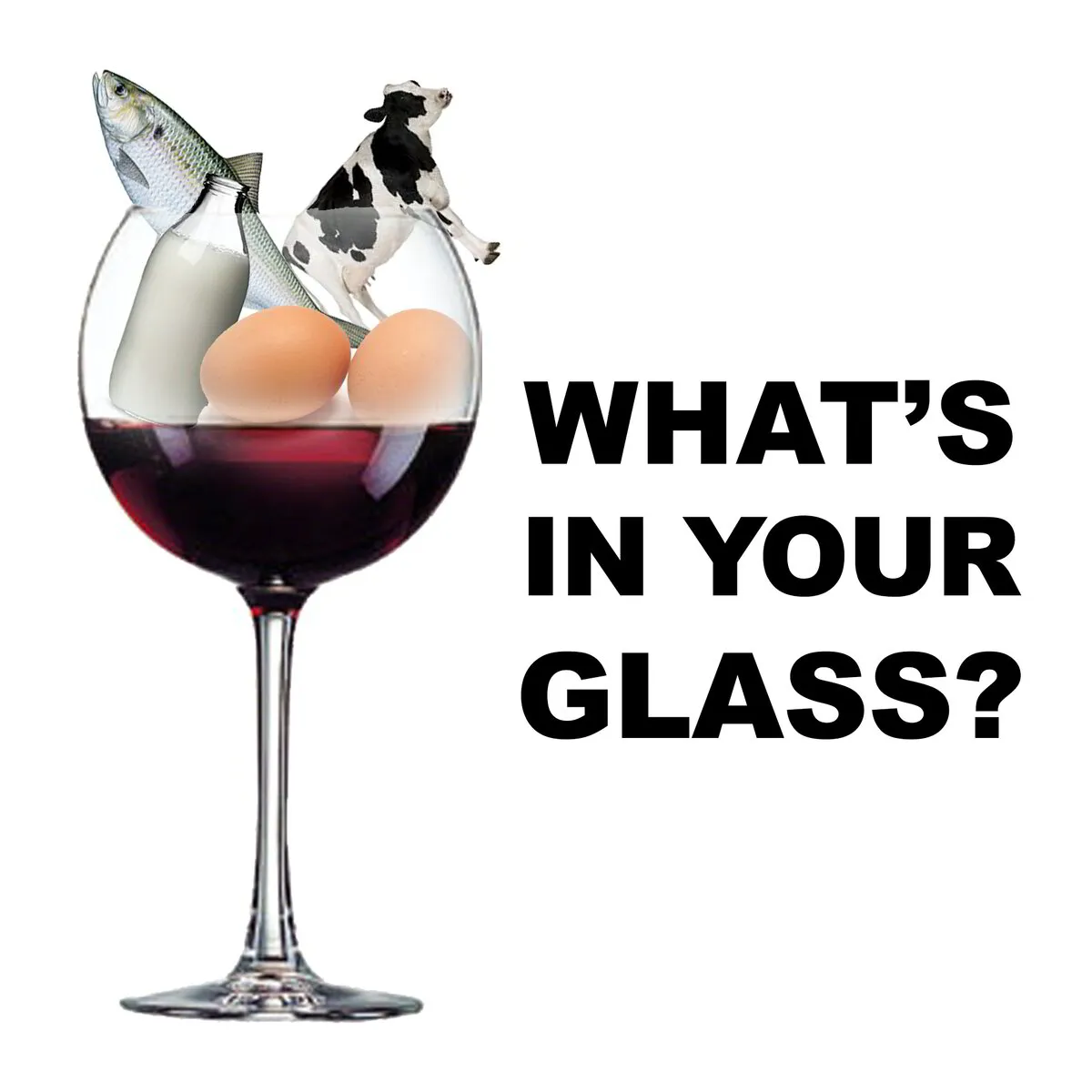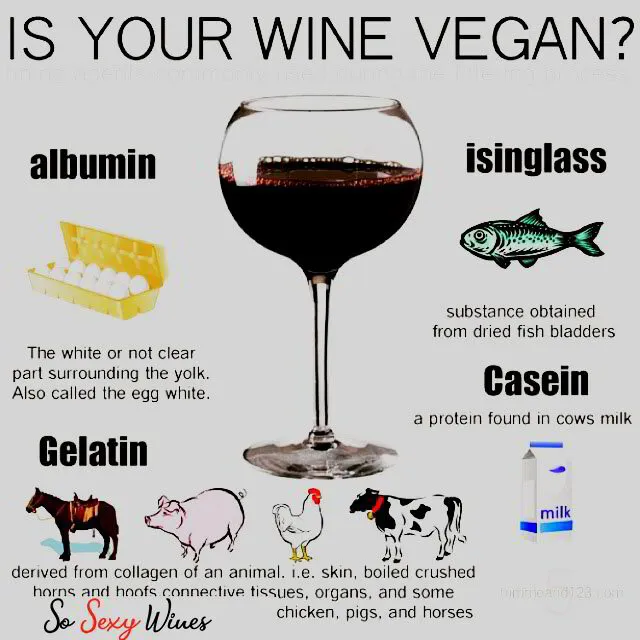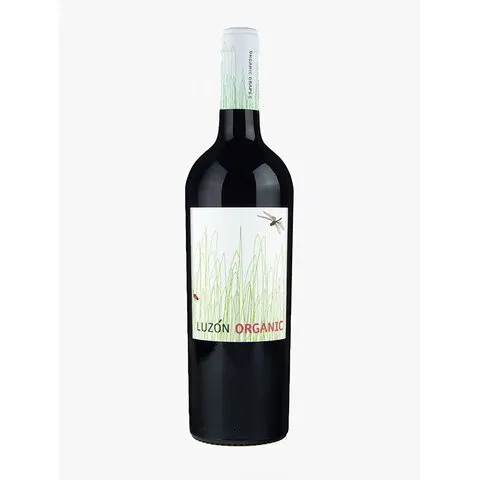Vegan Wines: why you should consider them even if you are not vegan?
by Alfredo de la Casa
If you thought that all wines are vegan or even vegetarian just because they are made from fruit, you are wrong, keep reading!
Register for next article on Organic wines
I can not count the times that people have asked me why I highlight some wines as “vegan” when wine is made from grapes, a fruit, and therefore all wines are “obviously” vegan.
But assuming that is totally wrong and in fact most wines are nor vegan nor vegetarian. Keep reading!
The main reason why wine is not naturally vegan has to do with how the wine is clarified after fermentation and due to a process called ‘fining’. All wines start their life hazy and contain tiny molecules such as proteins, tartrates, tannins and phenolics. These are all natural, and in no way harmful. However, we wine-drinkers like our wines to be clear and bright, and we don’t like to find sediment in our mouths or even glasses, even though it is nothing wrong with sediment.
Traditionally producers have used a variety of aids called ‘fining agents’ to attract those molecules, separate them from the wine and bring us a clear and bright wine.
The most commonly used fining agents are casein (a milk protein), albumin (egg whites), gelatine (animal protein) and isinglass (fish bladder protein). These fining agents don’t add any flavour to the wine, they just help to clear the wine from unwanted molecules.
Fining with casein and albumin is usually acceptable by most vegetarians but all four are off limits for vegans because tiny traces of the fining agent may be absorbed into the wine during the fining process, hence most of the wines are not only not vegan but even not vegetarian friendly, but most wineries are keeping quiet about it, as there is no regulation in the EU or in other countries forcing wineries to list fining agents.
Other animal products used in wine production may include beeswax (used to seal bottles) and agglomerated corks (which use milk-based glues).
However some winemakers that have been leading by respecting the nature, are going the extra mile and making the wines vegan friendly. It is not that difficult as they can use natural charcoal or bentonite for the fining process.
If you are into natural/organic wines, make sure you avoid the big wine producers, which are more like factories, as many use Polyvinylpolypyrrolidone and other chemicals for fining, which although is not an animal product, it is a chemical which you want to avoid.
Should you care if you are nor vegan nor vegetarian? I do because even though everyone blame the sulphites for allergies and bad experiences when drinking wine, in most cases sulphites are innocent, and the blame should go to chemicals used in the wine production by many factory-like wineries.
Although you can not avoid chemicals entirely by drinking vegan wines, most wineries producing them are very likely to follow organic practises that avoid using chemicals when there is a natural alternative.
About Me
I started drinking wine at the advanced age of 5, when my cousin and I drunk the leftovers at a family wedding, I don’t remember it but I have been reminded many times since.
My passion for wine came in my late 20s in England, where I decided to study and educate myself in wine, becoming a sommelier and wine educator. And it has been my passion since, to the point of leaving a successful career in finance to do what I like: drink, discover and share wine and wine knowledge.
I am the author of many books, including three winners of the prestigious international Gourmand award, and I have been writing the wine column for a couple magazines for quite a few years.
I like to try and discover, try again, and re-discover, and I love to share.
Alfredo de la Casa



